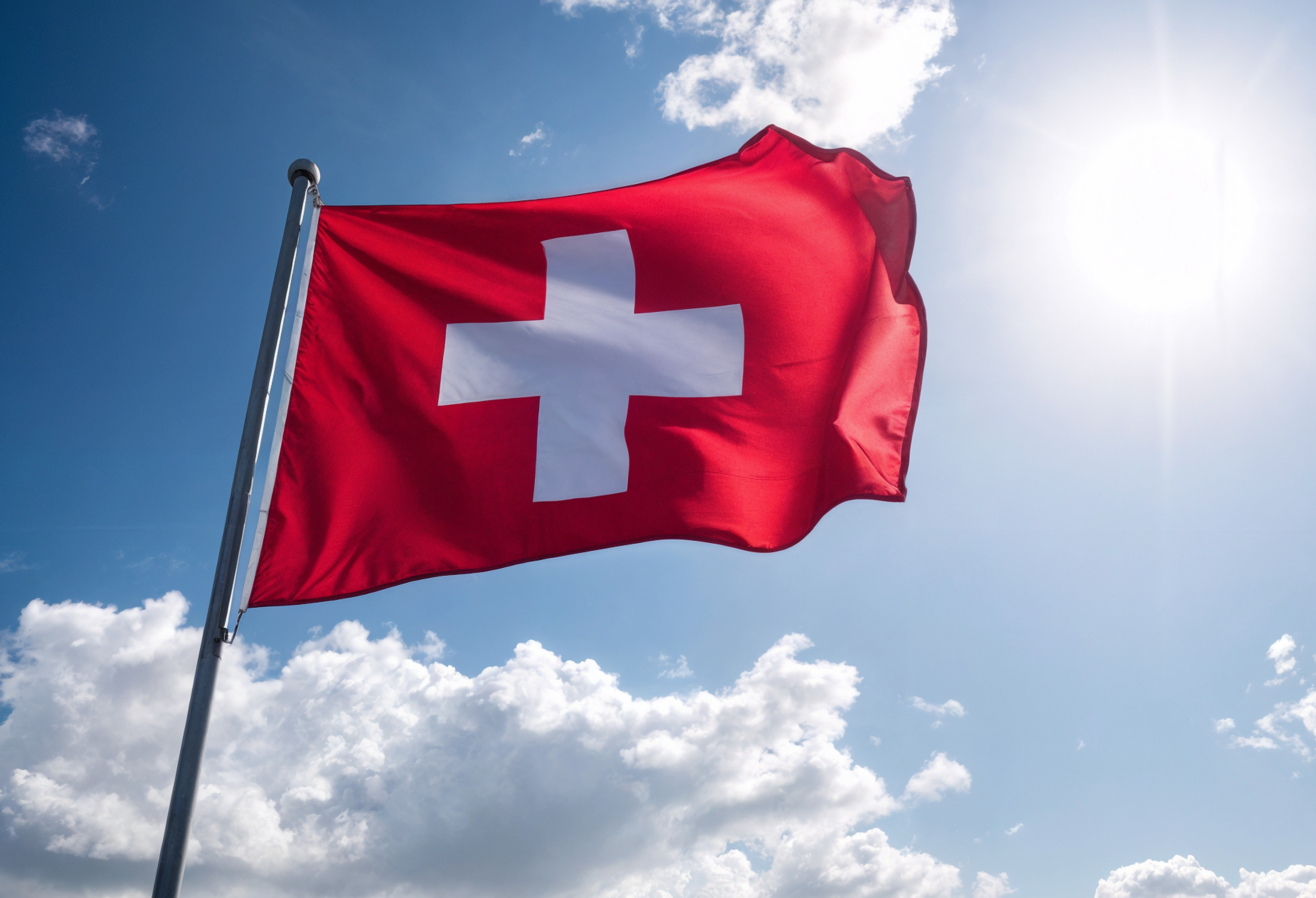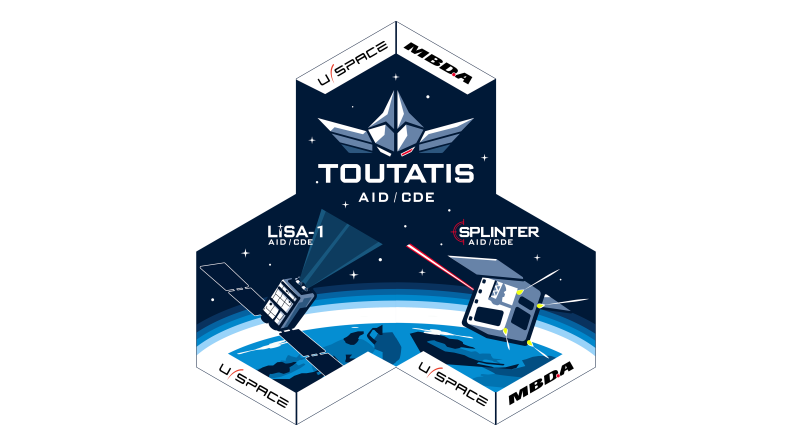Edition anglaise

January 2009 - n° 715
Summer 2008: lessons for Europe - Groupe de travail du CARA
A lot happened in the summer of 2008, especially at the geostrategic level, and this enhanced awareness of the increasingly multipolar nature of the world, no longer dominated by one or two superpowers. However, the various poles that have emerged are far from equal, and this is likely to lead to a dangerously unstable situation. At first sight the most logical response might be to re-create the blocs and thereby recoup a balance of power modelled on the Cold War; this did, after all, deliver half a century with no major war. The reality is clearly not so simple, and CARA, which since 1991 has been a vehicle for IHEDN (Institute for Higher National Defence Studies) students to take a strategic approach to current affairs, has decided to analyse the situation, looking at possible consequences of these events and trying to identify any les-sons that might be learned from them. Particular emphasis has been placed on Europe’s options in selecting both a role and a position in this turbulent world.
Security in Eurasia: the view from the OSCE - Marc Perrin de Brichambaut
In this introductory article, the OSCE Secretary-General discusses the basic elements that make the OSCE still a relevant player today and lists the difficult security challenges facing it in the early twenty-first century.
The OSCE and the Caucasus crisis of summer 2008 - Guy Vinet
During the summer of 2008 the Euro-Atlantic community faced a sudden rise in tension in the Georgian crisis, culminating in armed conflict between Russian and Georgian military forces. The OSCE, long involved in this sometimes forgotten crisis, has gamely applied itself to the task given to it by the member states. It has had to overcome many difficulties and has emerged as a complementary actor to the European Union.
The ups and downs of the CFE Treaty - Matthieu Chillaud
Russia’s decision to delay application of the Treaty on Conventional Armed Forces in Europe (the CFE Treaty) might seem the final, fatal blow to a treaty that is paradoxically described as ‘the cornerstone of European security’ even though it was drawn up during the Cold War. Nevertheless one would be rash to announce its demise: the CFE Treaty has managed to survive a host of misfortunes that should logically have put an end to it.
Engaging with Afghanistan—an OSCE perspective - Alice Ackermann
Since 2001, and following the American intervention, Afghanistan has held the attention of the international community. The OSCE has assumed its share of a burden that has changed in nature and content against the background of an increasingly difficult local situation. This article reviews the OSCE’s engagement, in which it has deployed its technical savoir-faire and experience of the region.
The OSCE and the prospect of a new pan-Europeansecurity treaty - Guy Vinet
In the early summer of 2008, before the crisis erupted in Georgia, the Russian President suggested that discussions should start on a new pan-European security treaty. This initiative, which remains rather vague in substance, has been received with varying degrees of enthusiasm by other countries. When the geographical area and the aim of the proposed treaty are taken into account, it would seem that the Organisation for Security and Cooperation in Europe (OSCE) is the best forum for discussion and preparation of such a document, albeit the last summit was held in Istanbul in 1999.
The political stakes of the Chechen conflict - Ziad Osman
Chechnya, situated geopolitically and strategically in Russia’s way, is destabilised by Russian military intervention, terrorism by so-called ‘Salafist’ and Wahhabi militants, and internally by political problems, including separatism. The geopolitical stakes in the Chechen conflict reveal the true cause of this crisis: rich in raw materials, especially oil, the region is one of interstate rivalry. European and Russian negotiations should be able to reach a peaceful settlement of the problem, the economic and political stabilisation of the Caucasus and wider cooperation in this strategically important region.
Energy supplies: a link between Europe and Turkey? - Richard Yilmaz
As a fall in oil and gas reserves seems unavoidable, the European Union has to diversify its sources of supply to ensure its relative independence. What role will Turkey, a small producer but a big bridge between areas of production and Europe, play in this?
Kurdish autonomy in Iraq under threat - Philippe Boulanger
Between 1991 and 2003 the status of Kurds in Iraq evolved from second-class citizen to essential partner. Since the fall of Saddam Hussein, they have opted for the reasonable choice of federalism rather than independence. The economic and political success of their experiment in autonomy irritates their Arab fellow-citizens and neighbouring countries that also have Kurdish minorities (Turkey in particular), who see in it a danger for their national sovereignty.
The future of Central Asia: from the predictable to the desirable - René Cagnat
This is an enlarged version of a presentation given in Russian in Kyrgyzstan on 21 October 2008 at the opening of the forum of the Franco-Swiss Foundation for Human Progress (FPH) dedicated to ‘the future of Central Asia and the code of ethics for its armed forces’.
France and South Africa - François Lafargue
Fifteen years after its first democratic elections (April 1994), South Africa has emerged onto the international stage. France, which for a long time exhibited a certain benevolence towards the apartheid regime, now enjoys a complex relationship with South Africa, seen both as a natural partner in the building of a multipolar world and as a rival on the African continent. Did the visit to the country by President Sarkozy in February 2008 enable certain misunderstandings to be dispelled?
Finance and computer science-twin crises? - Stanislas Maupeou (de)
Information systems have become the nervous system of our societies, but the perception of the risk of computer attacks is very hazy, because this is a complex area and we have not yet experienced attacks with major consequences. This article transposes some key elements of the financial crisis to the world of information systems in terms of the dangers of toxic interconnections, the management of crises and unlikely events and network resilience. It asks whether we have to wait for a societal crisis due to an attack on networks to happen before we understand that the risks are very real.
Knowledge and anticipation: high-performance simulation's contribution - Richard Roll, Emmanuel Chiva
How are we to identify and head off risks and threats, or deal with increasingly complex crisis situations? The availability on the ground of powerful IT resources results from a revolution in contemporary dataprocessing architecture. High technology makes possible the projection of massive computing power to the theatre of operations. The new ways of working that this change implies are indeed a ‘revolution within a revolution’.
Spinelessness in international politics - Roberto Nayberg
The Russo-Georgian conflict has served to raise the question of irresolution in international politics. Many examples show that a policy of systematically giving up is not the most effective way to counter encroachment by an aggressive power. Rather than a policy of simply reacting to events and allowing an adversary the initiative to deliver blows, the best riposte is to anticipate his actions and meet them with courage and determination.






